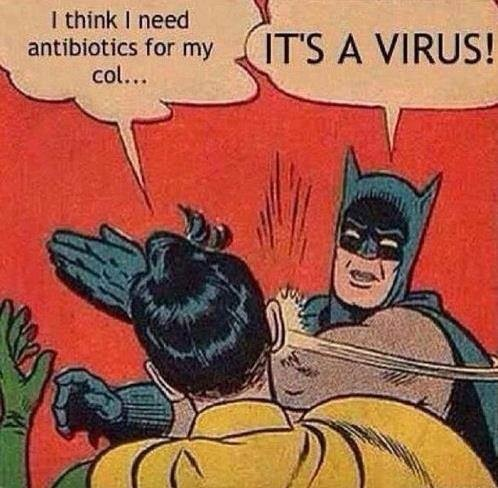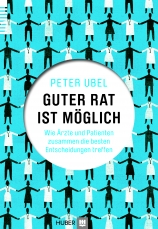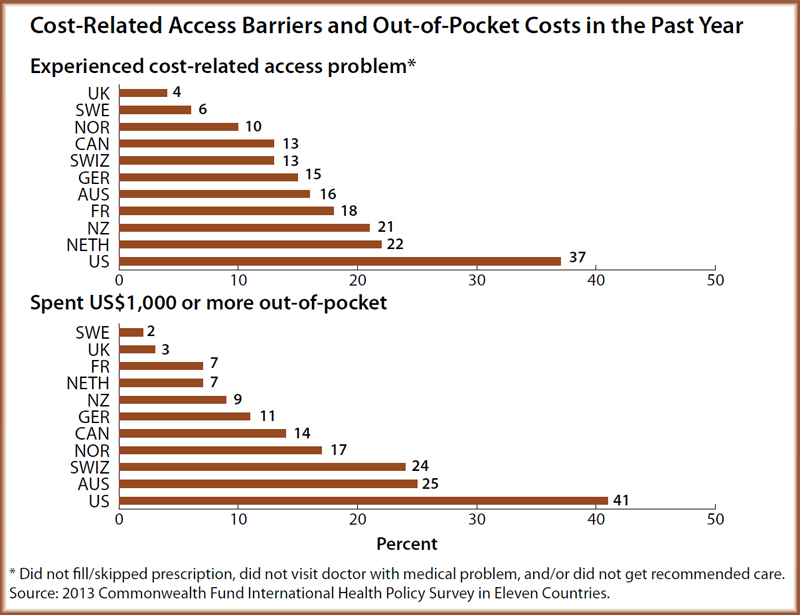 When people mention Bayes’ Theorem, the cornerstone of much of modern probability thinking, most do not realize that much of the thinking to develop this theorem was done by Pierre-Simon Laplace, a French astronomer and mathematician. As if his work on that theorem was not enough to make him one of my heroes, I recently came across a wonderful conversation he held with Napoleon.
When people mention Bayes’ Theorem, the cornerstone of much of modern probability thinking, most do not realize that much of the thinking to develop this theorem was done by Pierre-Simon Laplace, a French astronomer and mathematician. As if his work on that theorem was not enough to make him one of my heroes, I recently came across a wonderful conversation he held with Napoleon.
Napoleon had just been reading, he said, from another great scientist of the day, and he got into Laplace’s face about his reading: “Newton spoke of God in his book. I have perused yours but failed to find His name even once. Why?”
“Sire,” Laplace replied, “I have no need of that hypothesis.”
(Click here to view comments)
A Clever Way to Nudge People to Ride Bicycles
A recent story on the Atlantic website described a clever way to demonstrate the benefits of bicycling in congested cities. It involves an app that quickly shows people how long it will take to get somewhere by bicycle versus car. And with the crowded cities, bicycles more than hold their own, as this picture shows:

And this doesn’t even account for the time it takes to Park!
(Click here to view comments)
If Batman Was Your Doctor
I thought I would pass along this hilarious cartoon, suggesting a new way to “nudge” patients to use fewer antibiotics. Of course that nudge requires your doctor to be Batman, and Batman to be a pretty assertive type of physician:

(Click here to view comments)
Good Advice Is Possible – and Available!
I recently opened up a mysterious package that arrived at my front door, and discovered the German edition of Critical Decisions. At first I assume the title was somehow referring to me as a gutter rat, or signifying that my book was the kind of thing you can find in a sewer.

But now I have discovered that the title means something like: “Good Advice Is Possible”. That is a nice positive message. I hope that goes over well in the country that my paternal grandfather came from.
(Click here to view comments)
The US is Number One: in Out-of-Pocket Costs!
I have been writing a fair amount lately about the out-of-pocket costs that many Americans face when they receive healthcare services. A new report by The Commonwealth Fund provides a picture of the scope of this issue. It compares the US to 10 other developed countries, and shows not only that people in the US spend more out-of-pocket than folks in those other countries, but also have a much harder time paying for the services they need:

Other notable facts in the report:
- — About a third (32%) U.S. adults spent a lot of time dealing with insurance paperwork and disputes or were either denied payment for a claim or paid less than expected.
- –Nearly one-quarter (23%) of U.S. adults either had serious problems paying medical bills or were unable to pay them
If or when Obamacare is fully implemented, we will find out whether any of these numbers improve substantially.
(Click here to view comments)
Are You Getting Too Much Medical Care?
 This summer I had the pleasure of speaking with a very intelligent journalist, who was working on an article about overtreatment in medical care. That article has just come out, and I thought I would give you a sample of it here:
This summer I had the pleasure of speaking with a very intelligent journalist, who was working on an article about overtreatment in medical care. That article has just come out, and I thought I would give you a sample of it here:
A few months ago, I went to my gynecologist looking for help with a
menstrual problem. She put me in stirrups, and the next thing I knew, I was getting a Pap smear. That wasn’t what I’d come in for, but it had been a year since my last test for cervical cancer, so I went along. After all, catching cancer early is always the goal, right? To
my surprise, I later learned that, according to the most recent science, it’s actually possible to catch a cancer too early. And being tested frequently—i.e., every year—was not my best game plan.
Most cervical cancers progress very slowly, and high-quality research has shown that some of the precursors to cancer that a Pap test can detect will go away without medical treatment. Right
now, however, there’s no “wait and see” in the system. When the Pap reveals certain abnormalities, the immediate next steps are additional doctor visits, plus invasive and painful testing, says Russell Harris, MD, a professor of medicine at the University of North
Carolina at Chapel Hill. This cascade of events saves some lives, but it also needlessly inconveniences and even harms many who were never in danger.
Experts have learned that we can have the best of both worlds: Because cervical cancer is so slow to spread, the Pap test can be done less frequently while still identifying the women who are at risk well within the window of when they can be successfully treated.
At the same time, doctors can spare those who are not truly at risk from unnecessary callbacks and biopsies… (Read more here)
How the Obamacare Employer Mandate Promotes Fairer Markets
 Obamacare has come under intense criticism for harming businesses, which will see their employee costs rise as a result of the ACA employer mandate. A recent New York Times article reported that complying with Obamacare regulations would “cost about $1 per hour per employee” for agricultural companies paying people to work in the fields. That is a big increase in the cost of doing business, an increase that will lead to some combination of higher prices and lower sales, and therefore fewer jobs.
Obamacare has come under intense criticism for harming businesses, which will see their employee costs rise as a result of the ACA employer mandate. A recent New York Times article reported that complying with Obamacare regulations would “cost about $1 per hour per employee” for agricultural companies paying people to work in the fields. That is a big increase in the cost of doing business, an increase that will lead to some combination of higher prices and lower sales, and therefore fewer jobs.
To this terrible news I say: Hurrah! It is about time for agricultural companies—and anyone else not providing health insurance to their employees—to start paying the full price of doing business.
I am a fan of efficient markets. I believe that in most circumstances, the world is better off if people have transparent information about the price of consumer goods, and the freedom to decide whether to part with their hard earned money in order to purchase such goods. It is wonderful that I can go to the grocery store and decide whether or not I want to buy strawberries priced at $4 a pint.
One result of efficient markets, often, is that the price of goods is brought down by competition, making life better for us consumers. I’m a fan, in other words, of low prices.
But I’m also a fan of fair prices, and here is where I get bothered by companies that free ride on the nation’s healthcare system… (Read more and view comments at Forbes)
A Logical Truth About Religion
 Whether you believe in God or not, belong to a specific faith or not, it is hard to deny the logic of the following statement:
Whether you believe in God or not, belong to a specific faith or not, it is hard to deny the logic of the following statement:
“All those religions. They can’t all be right. But they can all be wrong.”
– Anonymous member of utopian Zoar community, on her deathbed.
(Click here to view comments)
Nice Words That Backfire
 Prior to taking a trip to the Galapagos, I was talking to a friend who, as we went our separate ways, said: “Well if I don’t see you again, have a great trip.”
Prior to taking a trip to the Galapagos, I was talking to a friend who, as we went our separate ways, said: “Well if I don’t see you again, have a great trip.”
Am I the only one who hears those nice words and then wonders whether I need to avoid that person until my trip is over?
(Click here to view comments)
